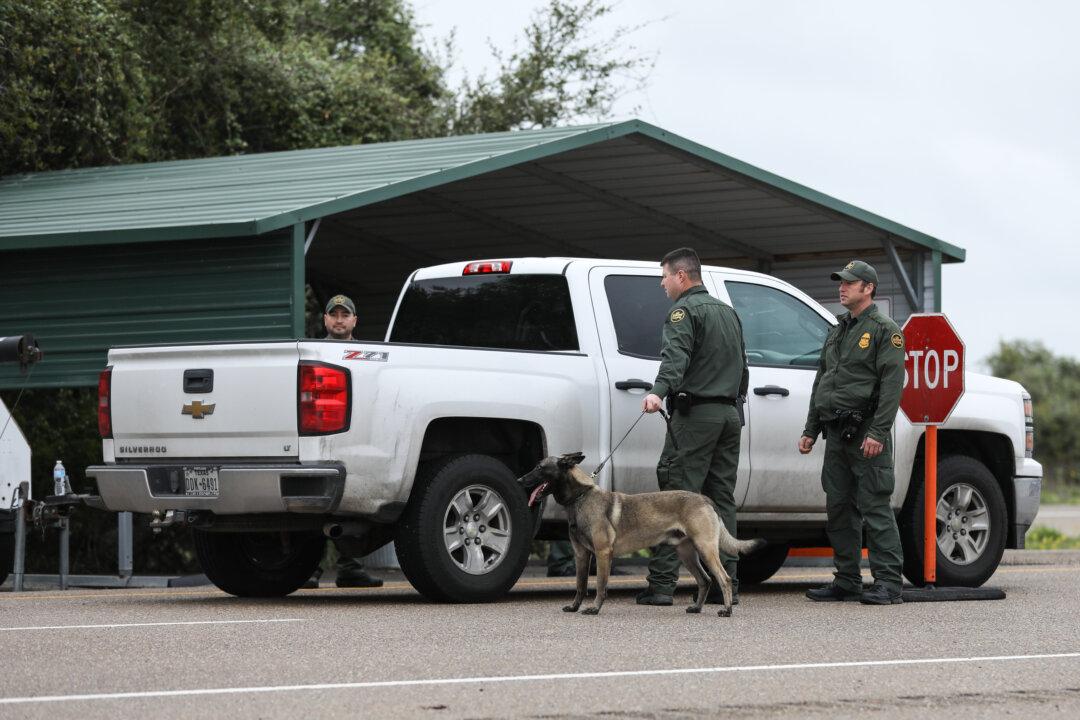KINNEY COUNTY, Texas—Border Patrol agents will soon be limited in chasing vehicles that flee from them, under new rules unveiled in January and set to take effect in May.
Agents must determine that vehicular pursuits are “necessary and objectively reasonable” under the rules, and they can terminate a pursuit at any time without fear of questioning from superiors.






